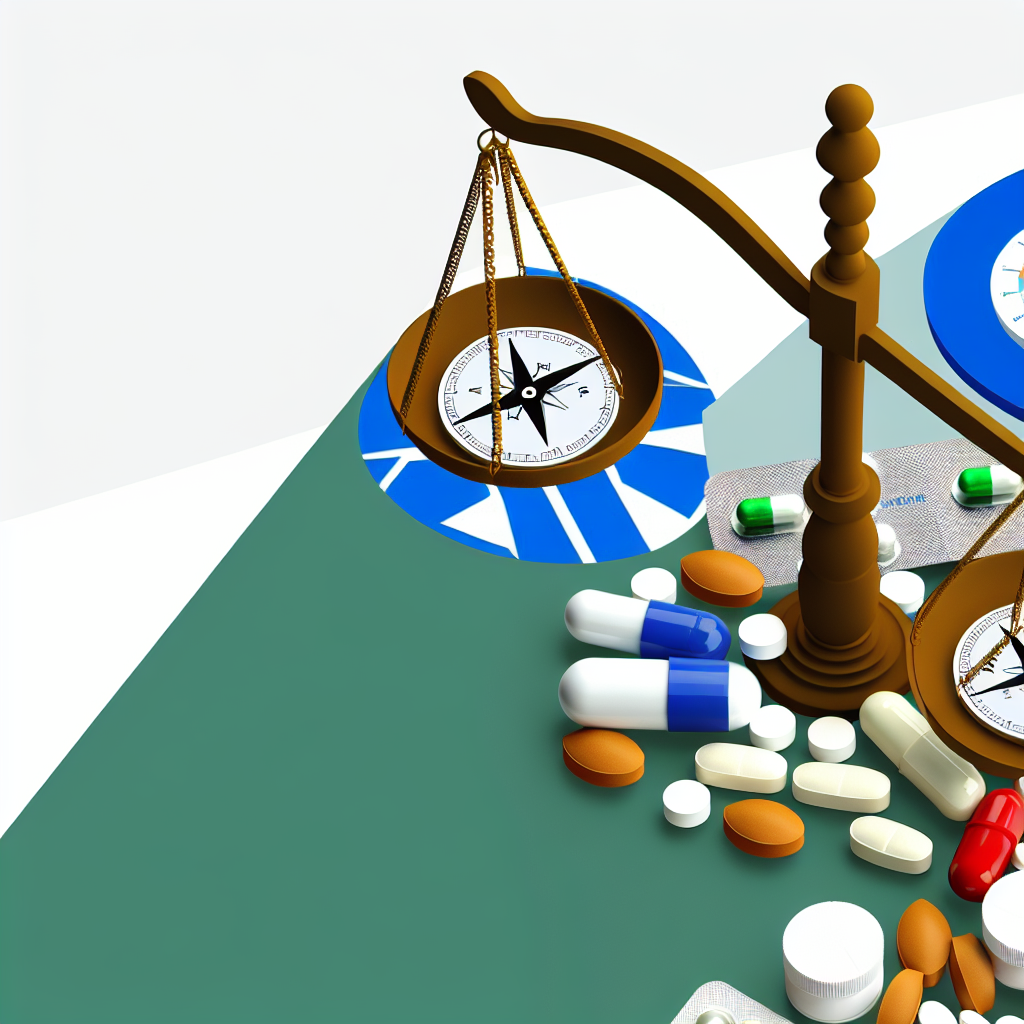
Ethical Leadership in Pharmaceutical Companies
Understanding Ethical Leadership in Pharmaceutical Companies
In today’s increasingly complex regulatory environment, ethical leadership in pharmaceutical companies is no longer optional; it is imperative. As the global marketplace evolves, so too does the necessity for organizations in the pharmaceutical sector to prioritize ethics and compliance. This article delves into the essence of ethical leadership in pharmaceutical companies, emphasizing its significant impact on organizational culture, risk management, and overall success.
The Role of Ethical Leadership
Ethical leadership refers to the practice of leading an organization based on moral principles and values. For pharmaceutical companies, which directly impact public health, ethical leadership is paramount. Ethical leaders not only ensure compliance with industry regulations but also foster a culture of integrity that encourages employees at all levels to act responsibly and ethically.
Key Characteristics of Ethical Leaders
- Integrity: Ethical leaders consistently adhere to strong moral principles, setting a standard for their teams.
- Transparency: Open communication fosters trust among employees, stakeholders, and customers.
- Accountability: Ethical leaders take responsibility for their actions and decisions, promoting a culture of accountability within the organization.
- Empathy: Understanding and addressing the concerns of stakeholders, employees, and patients is crucial in building ethical workplaces.
The Compliance Landscape
Pharmaceutical companies operate within a stringent compliance landscape that includes federal regulations and international guidelines. Navigating this environment requires not only adherence to laws but also a commitment to ethical practices that benefit both the organization and society. The alignment of compliance initiatives with ethical leadership enhances the integrity of the organization.
Building an Ethical Culture
Establishing a culture rooted in ethical behavior is essential for pharmaceutical companies. An ethical culture encourages employees to voice concerns and report unethical practices without fear of retaliation. This atmosphere of trust can lead to:
- Improved employee morale and performance.
- Enhanced reputation and brand loyalty.
- Reduced risk of legal and regulatory violations.
Implementing a Compliance Program
Effective compliance programs serve as a foundation for ethical leadership. They should include:
- Training and Education: Regular training sessions help employees understand compliance requirements and ethical standards.
- Monitoring and Auditing: Ongoing assessments ensure adherence to compliance protocols and identify areas for improvement.
- Reporting Mechanisms: Establishing clear paths for reporting unethical behavior empowers employees to speak up.
Ethics vs. Compliance: A Symbiotic Relationship
While ethics and compliance are often viewed separately, they are inherently connected. Ethics provides the framework that guides compliance efforts. A robust compliance program reflects an organization’s values and commitment to ethical standards, ensuring that employees are not only following the rules but are also acting in the best interests of patients and society at large.
Engaging Stakeholders
Engagement with stakeholders—patients, healthcare professionals, regulators, and the community—is crucial for ethical leadership. By actively seeking input and addressing concerns, pharmaceutical companies can build meaningful relationships, fostering trust and collaboration.
Metrics and Accountability in Ethical Leadership
To evaluate the effectiveness of ethical leadership initiatives, organizations must establish metrics for accountability. These can include:
- Employee surveys to gauge perceptions of the ethical climate.
- Tracking the number of reported ethical concerns or compliance violations.
- Assessing the impact of ethics training on decision-making.
Case Studies of Ethical Leadership
Examining successful case studies of ethical leadership can provide valuable insights for pharmaceutical companies aiming to cultivate a more ethical workplace. Learning from organizations that have navigated ethical challenges can help others recognize potential pitfalls and best practices.
Conclusion
As the pharmaceutical industry continues to face scrutiny regarding ethical behavior and compliance, the role of ethical leadership becomes increasingly vital. By prioritizing ethics alongside compliance, organizations can not only protect their reputations but also contribute positively to public health. At The Consultant Global, we recognize the importance of ethical leadership in fostering sustainable growth and believe that our unique expertise in navigating multi-cultural environments—especially in the GCC and UAE—sets us apart. Our commitment to integrity, accountability, and diversity positions us as trusted advisors. Together, we can help pharmaceutical companies lead with ethics at the forefront, ensuring both success and societal benefit.




Leave a Reply